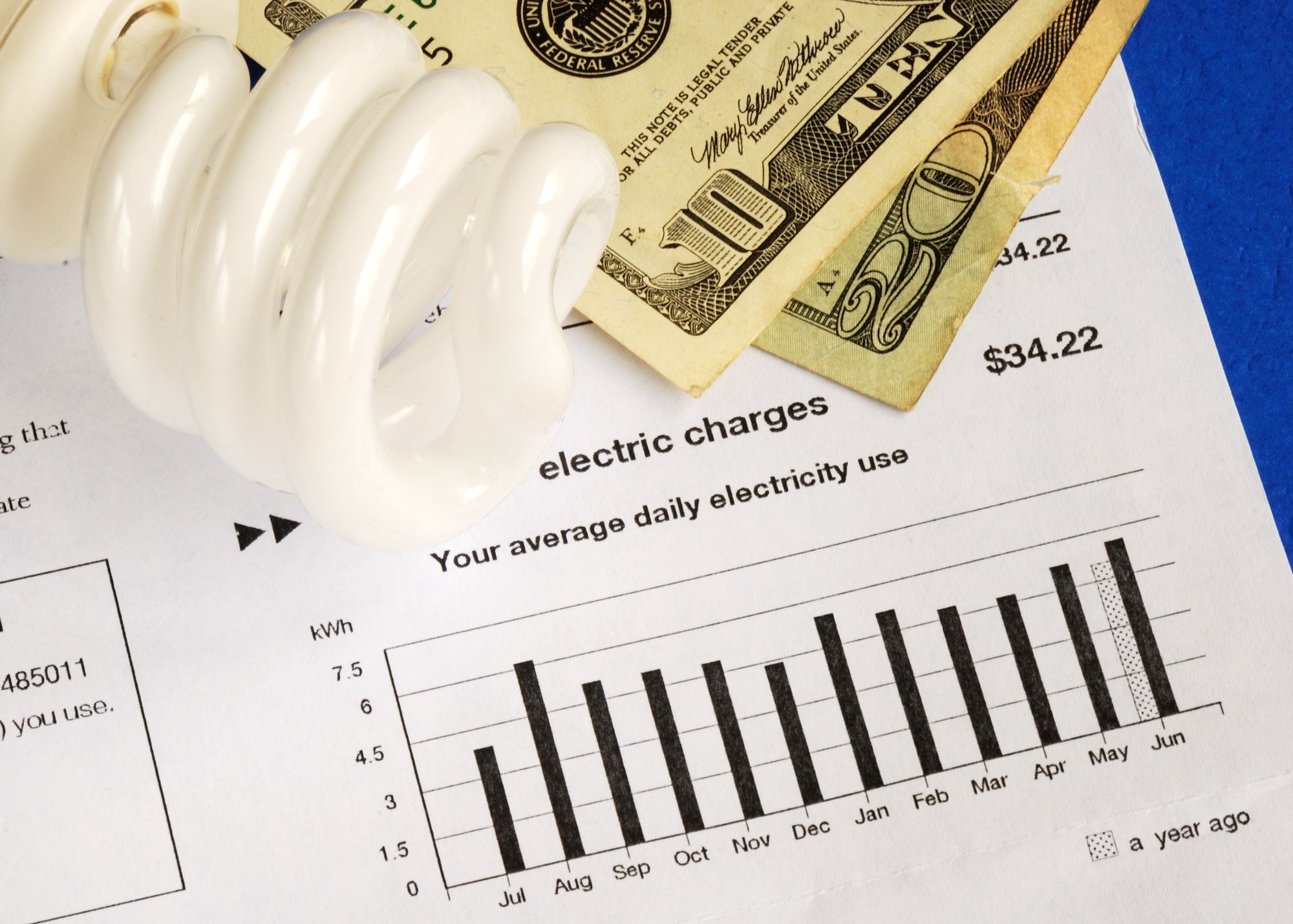 A New Jersey couple says Gateway Energy has been exploiting the state’s deregulated electricity market to overcharge its customers.
A New Jersey couple says Gateway Energy has been exploiting the state’s deregulated electricity market to overcharge its customers.
Plaintiffs Erin Hitchner and Jonathan Walker, a married couple from Woodstown, N.J., say they were lured into switching from their local public utility to Gateway Energy by promises they would be charged lower rates.
They allege they and other utility customers ended up paying higher rates, sometimes twice as high as the public utility’s rates.
New Jersey’s electricity market has been deregulated since 1999, according to this Gateway Energy class action complaint. The new market allows consumers to choose their electricity provider from a group of different electric service companies, or ESCOs.
These ESCOs may provide electricity from their own production facilities, or they may buy electricity wholesale from marketers and brokers. Customers who choose an ESCO have their electricity supplied by that company but still delivered by the local public utility, and the rate they pay will be determined by their ESCO.
Companies like Gateway Energy do not have to file the rates they charge or the methods they use to calculate them with the New Jersey Board of Public Utilities, according to Hitchner and Walker. The two plaintiffs claim Gateway Energy has been abusing that lack of oversight so that it can get away with charging rates higher than customers should have to pay in a deregulated market.
“Defendant exploits the deregulated market by using the false promise of competitive rates based on market conditions in order to deceive consumers into purchasing energy from it,” the complaint reads.
“In fact, Defendant’s rates are substantially higher than rates charged by other ESCOs or local utilities and bear no relation to other market rates or the wholesale cost of electricity.”
Under Gateway Energy’s current rates, a typical customer may overpay by hundreds or even thousands of dollars per year, the plaintiffs say – a problem they say is completely contrary to the point of deregulating a utility market.
Hitchner and Walker say they switched to Gateway Energy from their local utility Atlantic City Energy in 2010, relying on a sales representative’s promise of lower rates than what Atlantic City Energy was charging them.
They also say they received a letter from Gateway Energy promising prices “22% Below Atlantic City Electric Utility Prices.” Other promotional letters promised competitive pricing and protection from future rate increases, the plaintiffs say.
After initially signing up for a fixed-rate plan, the plaintiffs say they switched to a variable-rate plan. They understood the rates under this plan would be competitive with those offered by other ESCOs and local utilities.
That turned out not to be true, the plaintiffs say. After they cancelled their Gateway Energy service in July 2017, the bills for their last four months of service show Gateway Energy often charged them close to double the rates charged by Atlantic City Energy, and sometimes more than double that rate.
Hitchner and Walker seek to represent all Gateway Energy New Jersey customers who were charged a variable rate for electricity from 2014 to the present.
They seek a damage award including treble and punitive damages available under New Jersey consumer protection laws, injunctive relief, court costs and attorney’s fees, and any other relief the court sees fit to grant.
The couple is represented by attorneys Jonathan Shub and Kevin Laukaitis of Kohn Swift & Graf PC, and by Nick Suciu III of Barbat Mansour & Suciu PLLC.
The Gateway Energy Overcharge Class Action Lawsuit is Hitchner, et al. v. Gateway Energy Services Corp., Case No. 7:18-cv-00380, in the U.S. District Court for the Southern District of New York.
UPDATE: The Gateway Energy Overcharge Class Action Lawsuit was voluntarily dismissed on March 29, 2018. Top Class Actions will let our viewers know if a new complaint is filed.
ATTORNEY ADVERTISING
Top Class Actions is a Proud Member of the American Bar Association
LEGAL INFORMATION IS NOT LEGAL ADVICE
Top Class Actions Legal Statement
©2008 – 2025 Top Class Actions® LLC
Various Trademarks held by their respective owners
This website is not intended for viewing or usage by European Union citizens.














